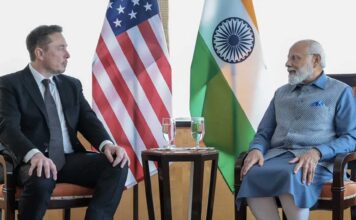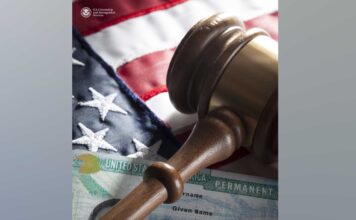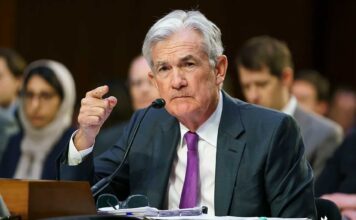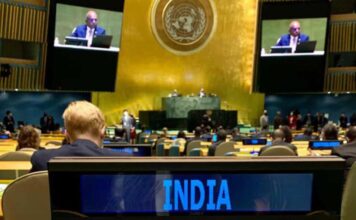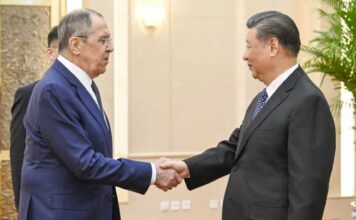Taiwan has reportedly been mulling further lowering the threshold for Hongkongers to apply for residency and live and work on the island, either via investments and setting up businesses or through a vetting mechanism for non-refoulement protection.
The self-governed island is looking to capitalize on the new wave of exits by Hongkongers worried about their future. Taipei and other urban centers aim to woo Hong Kong’s crème de la crème as the island aspires to become a new hub of finance, trade and tertiary education in the region.
More and more Hongkongers are packing the bags for Taiwan.
Hong Kong is starting to see a capital and physical flight as the chaos arising from a now-shelved China extradition bill has shown no sign of abating. Many Hong Kong residents have become worried about the city’s survival as a financial center and an autonomous territory going forward.
Taiwan’s Central News Agency cited the Executive Yuan’s Mainland Affairs Council as saying that the government would give favourable consideration to Hongkongers applying for residency under the existing policy regime.
Under the current rules, a permanent resident of Hong Kong can apply for residency in Taiwan if they enroll into a tertiary institution, marry a Taiwanese, get hired by a local firm or start a business with a minimum investment of about NT$2 million (US$63,792).
If the unrest in Hong Kong takes a turn for the worst, the exodus will mean more high net value individuals and families may need to look for safer shores, and countries like Taiwan and Singapore will be high on their list of destinations thanks to geographical proximity and language and cultural affinity.
If some settle in Taiwan, their investments and consumption could be a boost to the economy, on top of a new talent pool ready to be tapped. In 2018, a survey by the US-based wealth data firm Wealth-X found the population of ultra-rich residents worth at least US$30 million rose to more than 10,000 in Hong Kong, surpassing New York as the city with the highest concentration of the “hyper-rich.”
The island’s foreign ministry said the government would provide humanitarian assistance on a case-by-case basis to Hongkongers in need, as instructed by President Tsai Ing-wen.
The ministry added that due consideration would be given to applicants needing special assistance, ranging from extending their length of stay to issuing special permits to remain if an applicant faces an unfair trial or political purges in their place of origin.
At least one dozen protesters charged by the Hong Kong government with rioting and illegal assembly have decided to jump bail and made a beeline for Taiwan, including some of those who rampaged through the city’s legislature on July 1.
Taiwan boasts being a genuine democracy, the public has a strong pathos towards Hong Kong and the ruling party stands up to Beijing. The island’s lack of an extradition or rendition agreement with Hong Kong or mainland China all add to the lure of the island.
However, the outcome of the upcoming presidential election in January leaves some uncertainty.
Taiwanese lawmakers may also reach a bipartisan consensus to enact laws to receive asylum seekers, though some with the Beijing-friendly Kuomintang party fear that any new law, if too lenient, could be used as a bolt-hole for criminals and money launderers.
Meanwhile, Taiwanese newspapers also reported that the government had been drawing up a contingency plan to charter planes from China Airlines – Taiwan’s flag carrier – and EVA Air to airlift Taiwanese residing in Hong Kong, should Chinese troops be called in to crack down on the city’s protests.







